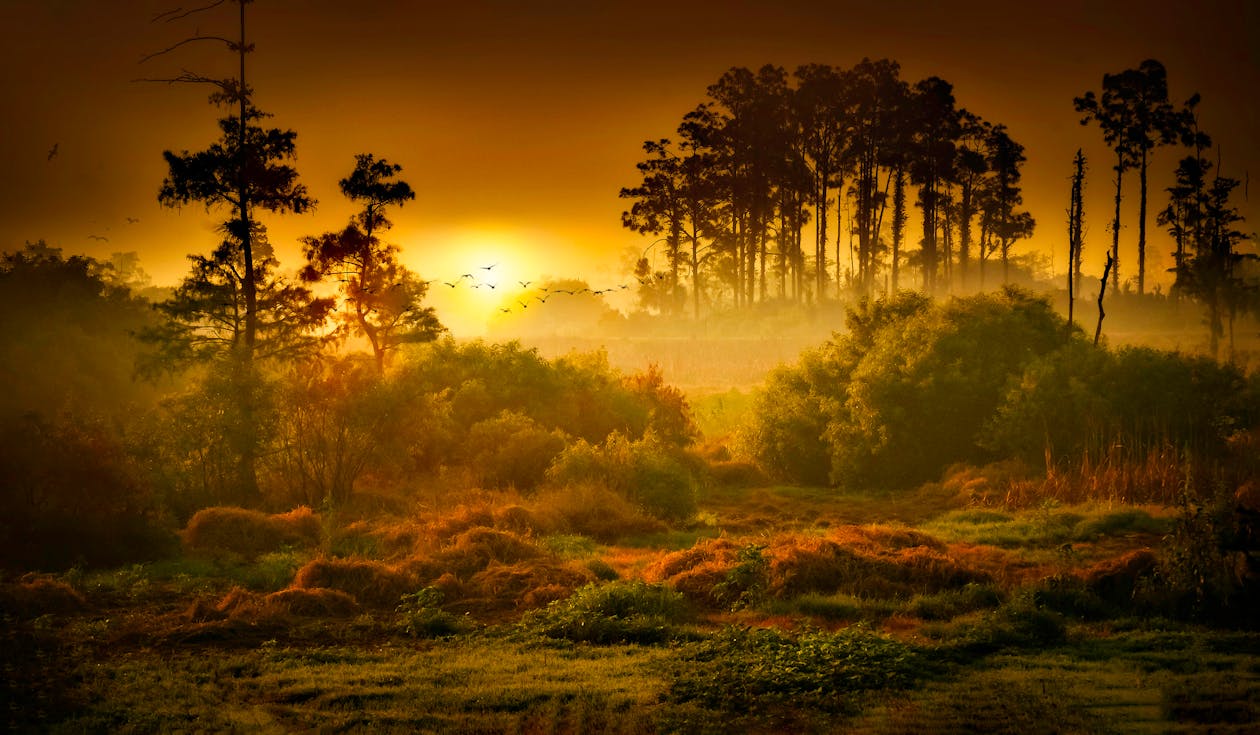30th March 2021
by John Urquhart, Party general secretary

When the greatest bulk of us still followed vast herds in circulation, there was no room for anything but mutual aid. Death for one could easily be death all.
The processes of capitalism have brought us back to that point in just two centuries of regression to horrific precarity – but now, of billions.
Where once the tribe, or the village, was all that was at risk when the hubris of their leaders was unassailable, when the privilege of those most privileged outstripped the ability of others to fence them in and prevent disaster – now, the whole world is what is at risk. Or, at least, those human parts of it.
But it is crucial to note that puerile ecofascist notions of “mother Earth healing herself once the scourge of humanity is gone” are just that – puerile. The Earth will not heal itself because it does not possess any innate capacity to do so. It is a rock. In space. With things on it.
None of those things, aside from us, have any capacity to correct what we have done – and wishing for random chance to do it is akin
It will be irreperably scarred by our passing. Many species will already have been lost; biodiversity will have been curtailed substantially.
We must remember that the Earth is an island – yes! an enormous island! in space! – and that island ecosystems are very fragile, because they have finite biodiversity, and the recovery of biodiversity is almost always slower than the destruction of it.
The human destruction of biodiversity has been extraordinary, which is perhaps not so surprising given that over the last little while, human-made mass – all we produce that is not alive – has exceeded by volume all living biomass.
Probably more than half of all global biodiversity had been lost according to reports as of 2014, and the noises coming from studies on the ground of animal and plant diversity have only worsened since then.
Much of the world’s wildlife and plantlife is in dire health – with the impact of plastic pollution and heavy metals on human reproductive capability recently increasingly highlighted, we have to ask:
Is the Earth already a dead world walking?
It is wholly possible, in fact, that we have already done too much – passed too many tipping points.
This, now, is our precarity. The truth is we do not know. We can’t know. Only generations to come will — and thanks to our hubris and failure to act, it is not improbable that they will live beneath this particular Damoclean Sword likely far less informed than generations prior.
We should have done so seven generations ago – but even if our species and our world is doomed, it is not in fact too late to embrace the idea that we should plan so that we are secure for at least seven generations hence. Secure in food; secure in habitat; secure in sustainability.
Even if this proves only palliative, for a world sickened by her brightest children, it is still the least we can do after all we have done – for to ease the precarity at an individual level, globally, even just a little, would be to bring sheer joy to millions.
That care for our species and our family around us on the island we were born upon starts with mutual aid. It starts with supporting your neighbour. It starts with building networks of trust and support that can, once sufficiently sophisticated, raise their voices together loud enough and with great enough collective certainty to be heard clearly over the din of consumerism.
Many have already started that work.
But to have any hope of it not being palliative, we must all join in, today, now, this very hour, with all our hearts.
Tomorrow may be all too late.
